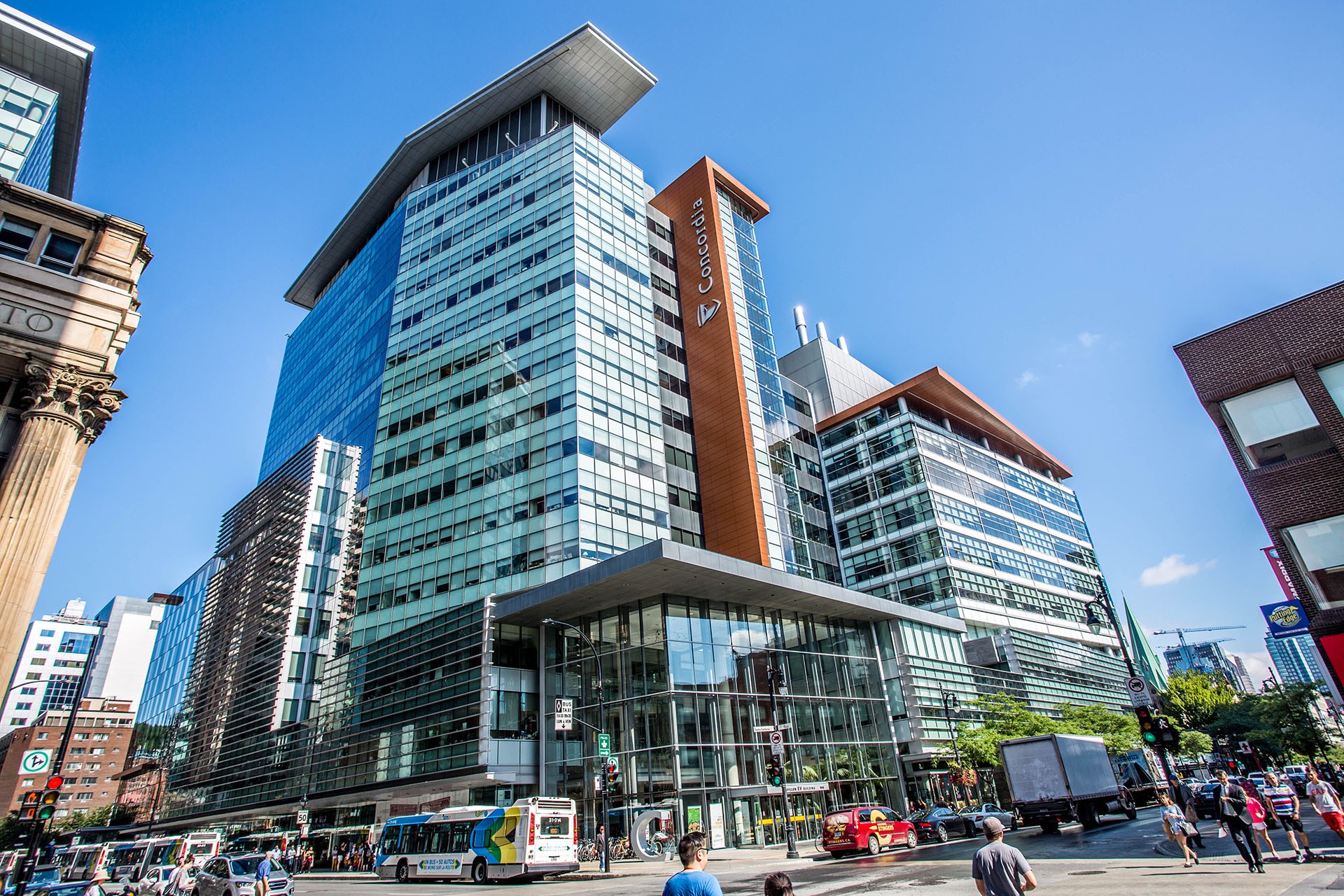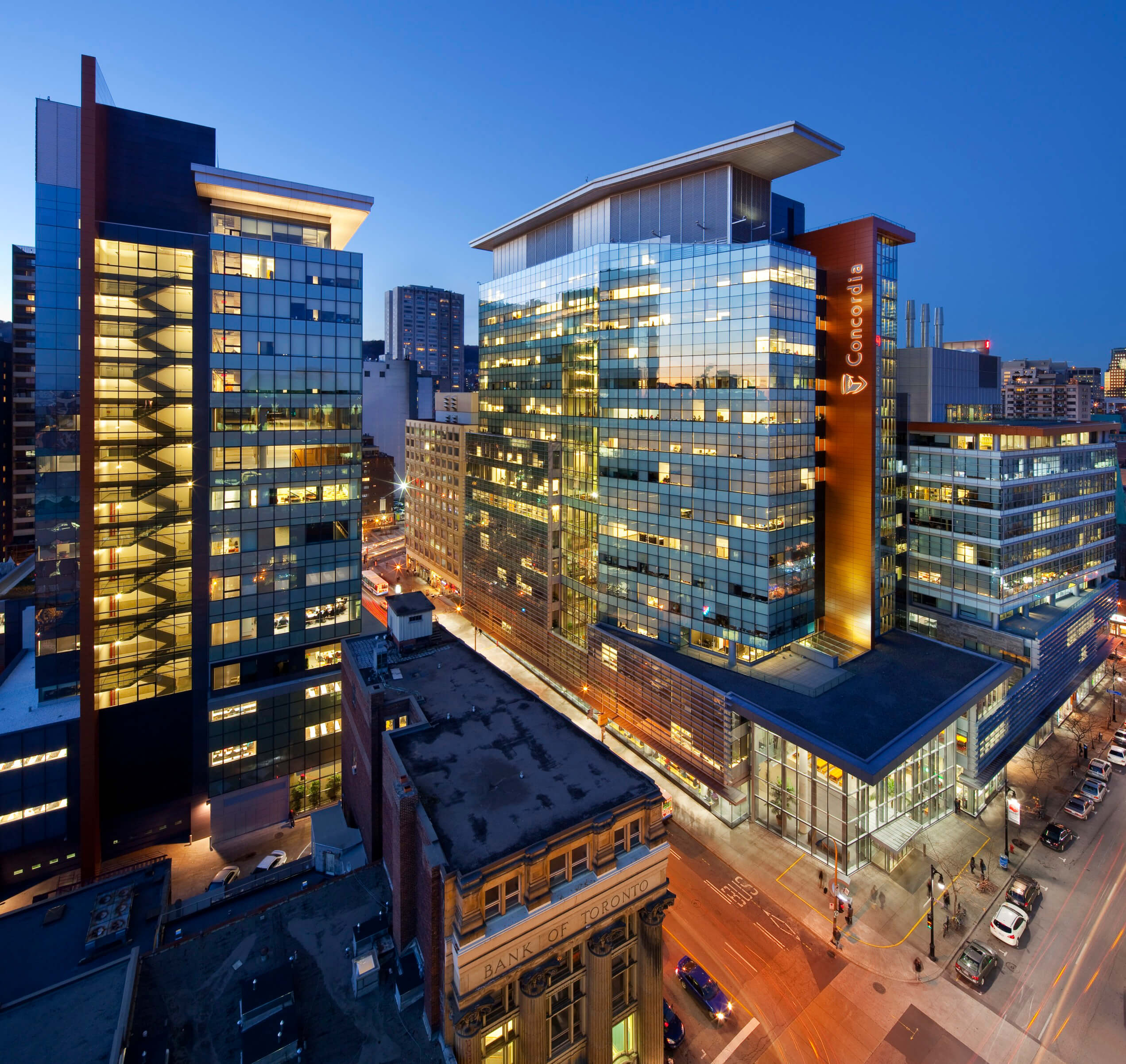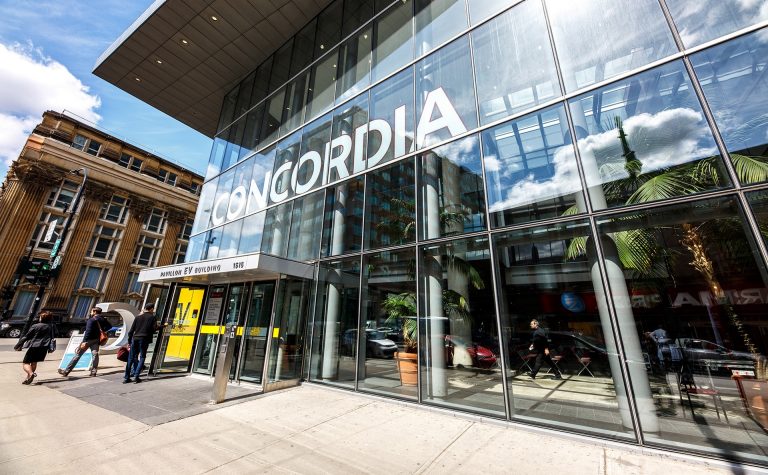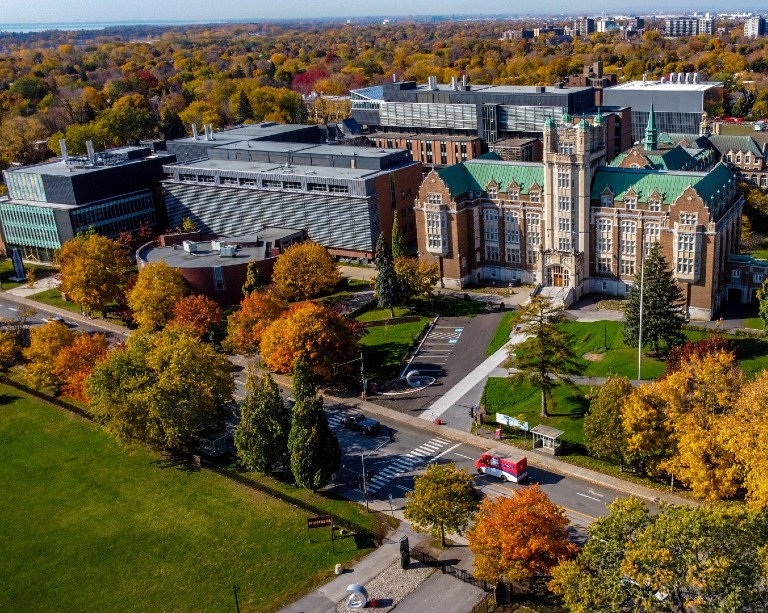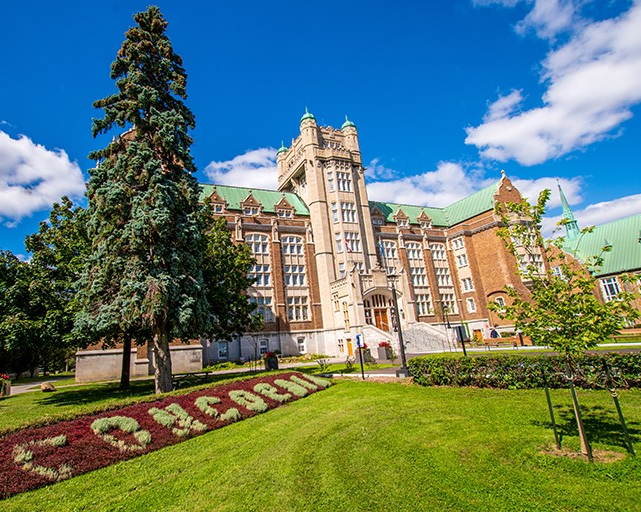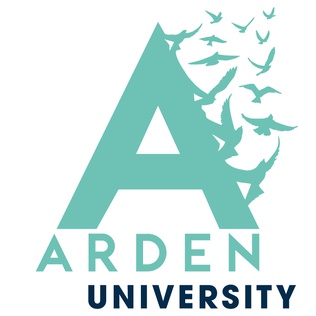The Master of Arts (MA) program in Religions and Cultures at Concordia University is designed to provide students with advanced knowledge and critical understanding of religious traditions, their cultural contexts, and the interactions between religions and societies. The program explores the study of religions from various academic perspectives, including religious studies, cultural studies, anthropology, sociology, and history.
Here is a general overview of the MA program in Religions and Cultures at Concordia University:
Core Courses: The program typically includes a set of core courses that cover foundational areas of religious studies and cultural studies. These courses may include topics such as theories and methods in the study of religions, religious diversity and pluralism, religious texts and traditions, and the social and cultural impact of religions. The core courses provide students with a solid foundation in the academic study of religions and the cultural contexts in which they operate.
Elective Courses: Students have the opportunity to choose elective courses based on their specific interests and research goals. These elective courses cover specialized areas within religious studies and cultural studies, such as specific religious traditions, religious ethics, religion and gender, religion and politics, religion and art, or interreligious dialogue. Students can tailor their course selection to their particular areas of interest or specialization.
Research and Thesis: The MA program often includes a research component or a thesis requirement. Students have the opportunity to undertake independent research on a specific topic related to religions and cultures. They engage in critical analysis, conduct scholarly research, and produce a thesis that contributes to the existing body of knowledge in the field. The research component allows students to develop advanced research skills and demonstrate their ability to engage in academic inquiry.
Interdisciplinary Approach: The program encourages an interdisciplinary approach to the study of religions and cultures. Students have the opportunity to draw from various disciplines, such as anthropology, sociology, history, literature, philosophy, and art, to gain a comprehensive understanding of the complex relationships between religions and cultures. This interdisciplinary perspective fosters critical thinking, cultural sensitivity, and a broader understanding of the complexities of religious phenomena.
Seminars and Workshops: The program may offer seminars, workshops, and conferences where students can engage in scholarly discussions, present their research, and receive feedback from faculty and peers. These sessions provide opportunities for intellectual exchange, collaboration, and networking with scholars and researchers in the field.
Professional Development: The program may provide professional development activities, such as workshops on academic writing, presentation skills, and career planning. Students may have opportunities to publish their research in academic journals, present at conferences, or engage in community-based projects related to religions and cultures.
It's important to note that the specific course offerings, research opportunities, and requirements may vary between academic years. For the most accurate and up-to-date information regarding the MA program in Religions and Cultures at Concordia University, I recommend referring to the official Concordia University website or contacting the Department of Religions and Cultures.
Show less

